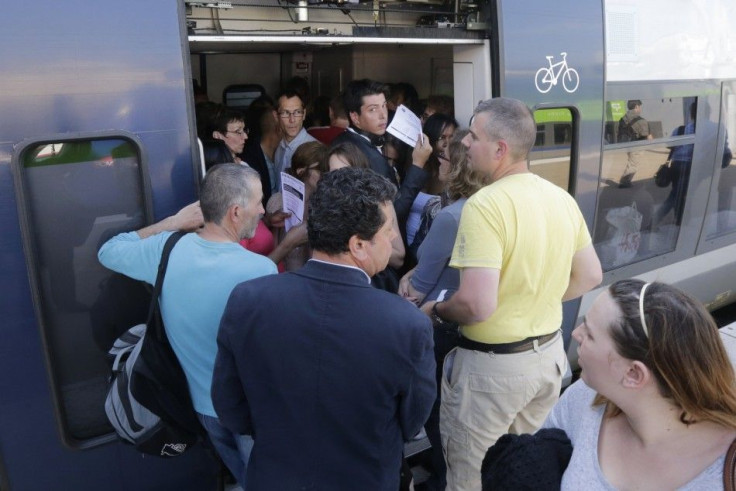France Addresses Air Pollution By Banning 50% Of Vehicles In Paris

France has put in place an odd-even scheme based on the last number of the car’s plate number to address the country’s air pollution problem. It would halve the number of vehicles in Paris.
On Monday, when the scheme starts, vehicles whose plate numbers end in 1, 3, 5, 7 and 9 are allowed in Paris. The next day, it would be the turn of car owners to use their vehicles which has plate numbers ending in 0, 2, 4, 6 and 8.
Offenders will be fined 22 euro. More than 1,000 cops have been deployed to ensure that drivers follow the rules, reports the Independent. The scheme has been tried in some countries such as the Philippines not so much to curb pollution, but because of the gridlock due to the very large number of vehicles vis-à-vis road networks.
The law was approved in late 2014. It permits the French government to cut vehicles in Paris by 50 percent every time micro-particles in the atmosphere breaches 50 microgrammes per cubic metre.
The use of the law even triggered a throwback of the romance between President Francois Hollande and ex-flame Segolene Royal, the country’s environment minister.
Anne Hidalgo, Paris mayor, wanted it imposed on Friday, but Royal opposed, saying banning even-numbered vehicles without advance warning is punitive. But Hollande sided with Hidalgo, not with his former partner.
The odd-even scheme, however, is not really the root of the problem for two of the best-known female Socialist politicians in France. The Independent says that the two had been at odds with each other for a long time now.
Exempt from the scheme are vehicles with three or more riders, reports Quartz. Hidalgo pushed for the scheme because of a haze that covered the capital city the past week as levels air pollution reached PM10 particulates, which is a level higher than what the World Health Organisation considers acceptable air quality.
To contact the writer, email: v.hernandez@ibtimes.com.au






